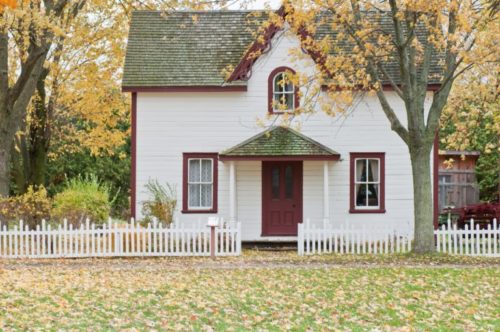
With the termination of your marriage, you may be worried about the fate of many of your assets, especially your house. Continue reading to learn about the possibility of losing your house after your divorce and how one of the experienced Hudson County property distribution attorneys can navigate you through this difficult time.
What is the possibility of losing my house with equitable distribution?
New Jersey is an equitable distribution state. With this, a judge will determine a fair and just allocation of your marital assets, including your house. Notably, “fair and just” does not necessarily mean an even 50-50 split.
New Jersey law recognizes your house as separate property if it was bought or owned by you or your spouse alone before your marriage. This means that, if your spouse is the sole owner of the title, your house is not subject to equitable distribution, and thus, you might lose it. Other examples in which your house would be considered exempt property are as follows:
- If you or your spouse were given the house as a gift.
- If you or your spouse inherited the house.
- If your house was excluded from the marital estate in your prenuptial agreement.
Contrastingly, New Jersey law recognizes your house as marital property if it was bought or acquired by both you and your spouse during your marriage. This means that your house will be subject to equitable distribution and you may not necessarily lose it.
How will the courts determine whether I will be losing my house after my divorce?
If a judge determines your house to be marital property and executes equitable distribution, they will divide its value between you and your spouse. If you want to keep your house, you can choose to do either of the following:
- Arrange a buyout: this is if you can afford to buy out your spouse’s equity. You must arrange to refinance the loan and place it only in your name, and then give your spouse their share of the equity.
- Continue to co-own the house: this is if you have children that would benefit from staying in the same family home and if you can remain amicable with your spouse.
But if either of the above is not doable, then you may choose to sell your house. Once sold, a judge will divide the profit equally between you and your spouse.
If you are still unsure about how this will play out, you should consult with one of the skilled Hudson County family law attorneys as soon as possible. We will dedicatedly work toward a solution that plays in your favor.
Contact our Firm
If you need assistance with any family law issue, contact Greenberg & Walden, LLC today.